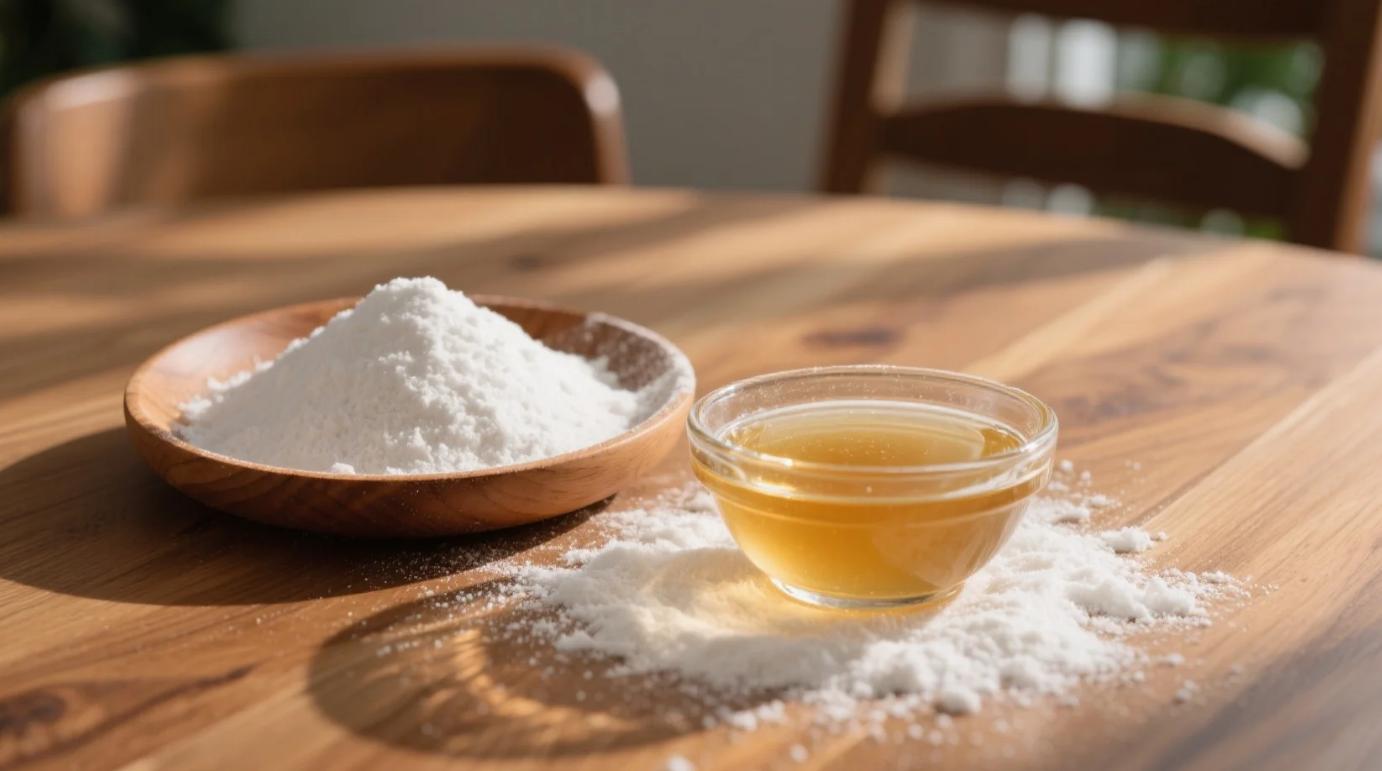Table of Contents
Praised as the holy grail of zero-calorie sweeteners, organic allulose syrup and powder have faced unexpected bans in the EU, UK, and Australia despite FDA approval. This paradox reveals a clash between cutting-edge food science and outdated regulations. Here’s why allulose is restricted—and how it could stage a global comeback.
1. Why Is Allulose Banned? The 3 Core Controversies
A. Regulatory Gray Zones
- EU Novel Food Hurdle: Allulose isn’t recognized as a traditional sweetener under EU Regulation 2015/2283, requiring costly safety dossiers (€500K+).
- Australian “Added Sugar” Labeling: Despite having 0.4kcal/g, Australia lumps allulose with sucrose, deterring low-carb brands.
B. Metabolic Misunderstanding
- Ketone Confusion: Early rodent studies linked high-dose allulose (4g/kg) to ketosis, sparking unfounded diabetes fears.
- Gut Fermentation Myths: Misinterpreted data suggested it might feed “bad” gut bacteria—debunked by 2024 Microbiome journal trials.
C. Trade Protectionism
- EU Beet Sugar Lobby: Allulose’s 70% cost premium over erythritol threatens Europe’s €1.6B beet industry, fueling regulatory pushback.
2. Countries Where Allulose Is Restricted (2024)
| Region | Status | Key Reason |
|---|---|---|
| European Union | Banned | Novel Food compliance unmet |
| UK | Pending post-Brexit review | Awaiting FSA risk assessment |
| Australia | Allowed but restricted labeling | “Added sugar” classification |
| India | Banned | Lack of domestic safety studies |
3. The Science That Could Change Everything
A. 2025 Global Health Studies
- Kidney Safety: A 3-year NIH trial confirmed no adverse renal effects at 15g/day—critical for EU reassessment.
- Glycemic Control: Allulose reduces post-meal glucose spikes by 29% in prediabetics (outperforming stevia).
B. Eco-Certification Wins
- Carbon-Negative Production: Brands like Bonumose use enzymatic upcycling of non-GMO corn waste, slashing emissions by 62%.
C. Clean-Label Reformulation
- Baby Food Breakthrough: Allulose syrup replaces corn syrup in organic toddler snacks, gaining EFSA traction.
4. The Path to Legalization: 2025–2030 Strategies
- Lobbying Power: The Global Allulose Alliance (GAA) funds €10M in EU-compliant toxicology studies.
- Redefining “Sugar”: Petitioning FAO/WHO to classify allulose separately from fructose/glucose.
- Local Partnerships: Collaborating with EU beet farmers to create hybrid sweetener blends.
5. Future Market Projections
- Post-Approval Surge: EU legalization could spike demand by 400%, hitting $3.2B by 2028.
- Pharma Crossover: Allulose’s neuroprotective properties (reducing Alzheimer’s plaques in mice) may fast-track medical approval.
6. Who’s Fighting for Allulose?
- Diabetic Advocacy Groups: Pushing for low-glycemic alternatives to maltitol and xylitol.
- Climate-Conscious Brands: Using allulose’s “upcycled” narrative to attract Gen Z.
- Celebrity Investors: Leonardo DiCaprio-backed ventures lobbying for FDA-EU reciprocity.
The Sweet Truth
Organic allulose syrup and powder aren’t banned for safety—they’re victims of bureaucratic inertia and economic turf wars. As metabolic research piles up and eco-anxiety fuels demand, expect a 2026 regulatory tipping point. For now, smart brands stockpile inventory, bet on Asia-Pacific expansion, and educate consumers. One thing’s clear: the future of sweetness is rare, rebellious, and ripe for revolution.
Recommended Product
Organic Allulose Syrup
Natural low-calorie organic syrup with ≥98% allulose content and 70% sweetness of sugar.
